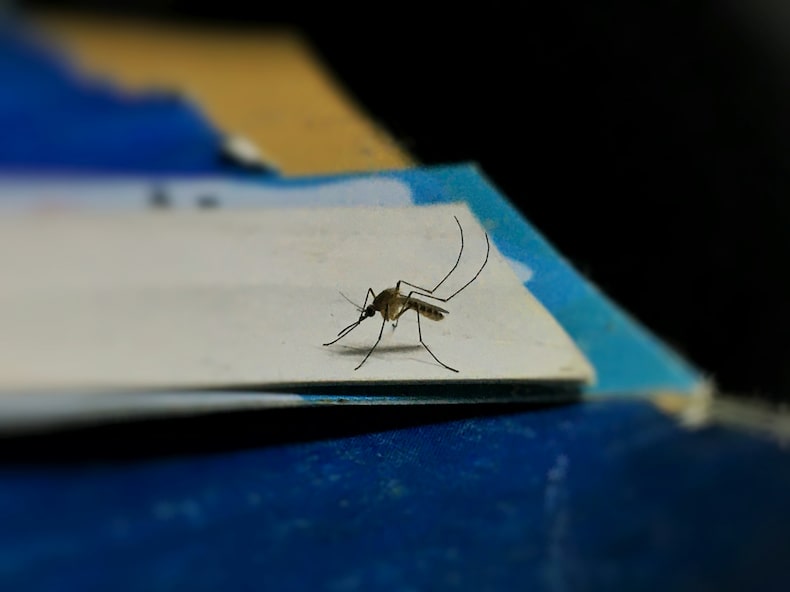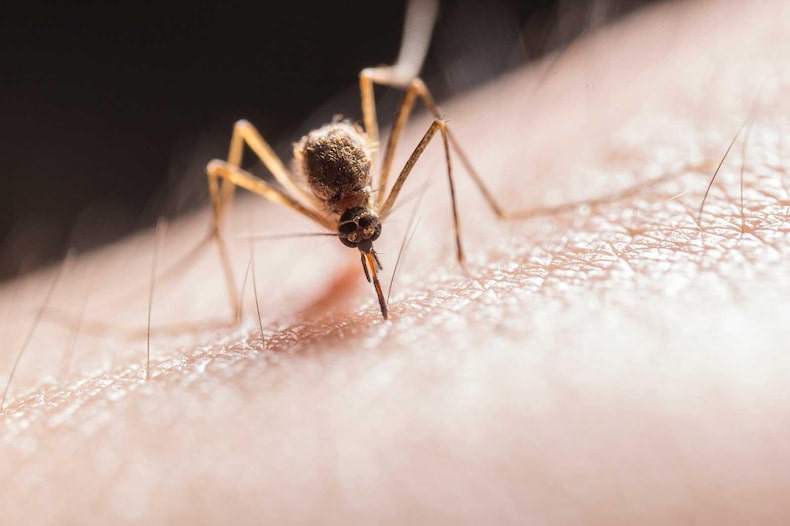In Brazil, the deaths of two young women in good health and without pre-existing pathologies have been recorded, which has alarmed researchers, who have called for better research on this virus which, to date, has neither a vaccine nor a treatment.
The first deaths have already been confirmed and the cases of contagion continue to increase. And it is not about Mpox or Covid, but about oropouche virus which, to this day, is still little known but which still threatens different countries of the Latin America .
As stated BBC World Cases have been reported since June this year in Spain, Italy and Germany. The infected people were travelers who had been to Cuba and Brazil.
And for the last few decades, Oropouche has become a latent health problem in these countries, but also in Peru, Colombia, Ecuador, Argentina, Panama, Bolivia, Trinidad and Tobago and French Guiana.
But what is oropouche and how does it spread? What are its symptoms and treatments? That’s all we know about this virus.

What is oropouche, the virus circulating in Latin America?
Oropouche is a virus transmitted by the bite of a mosquito, especially the Culicoides paraensis, who lives in different regions of Latin America. It is so called because the first cases were recorded in the town of Vega de Oropouche, Trinidad and Tobago, in 1955.
However, Brazil is one of the most affected countries: according to the same article BBC, Researchers estimate that about 500,000 cases of oropouche have been detected, but the number could be higher.
And although this virus has been present on the continent for decades, The alert has been sounded in Brazil after nearly 10,000 cases were recorded this year. a much higher number, compared to the total of 800 reported in 2023.
The problem is that, To date, there is no vaccine or specific medication to treat this disease.
According to Brazilian reports, two women have died this year from oropouche.

And as an article in the magazine explains The Lancet , Outbreaks of fever – a common symptom of oropouche – pose “an emerging threat to global health.” Much research is still needed to find an adequate treatment.
In the meantime, The Brazilian government has urged patients with the virus to rest, receive symptomatic treatment and receive medical monitoring.
What are the symptoms of the oropouche virus?
The oropouche virus is transmitted by the bite of a mosquito. To date, it is not known if there is another route of transmission, but a report from the Brazilian Ministry of Health claims to have evidence that it can be transmitted from mother to fetus.
In addition to affecting humans, This virus is also present in monkeys, sloth bears and some birds.
Symptoms of oropouche are similar to those of the flu or dengue fever. According to the World Health Organization (WHO) , They can last between five days and a week. These can be:
- Sudden fever.
- Pain in the back of the eyes.
- Headache.
- Joint pain.
- Thrill.
- Nausea.
- Vomiting.
Furthermore, according to the United States Centers for Disease Control and Prevention (CDC) , 60% of patients who experience these symptoms may experience them again within a few weeks of the first onset of the disease. However, it is not known whether this is due to a first infection or whether the patients were infected again.
Sometimes, the virus can cause death.

There have also been cases of babies born with microcephaly – reduced brain development – to mothers infected with the virus. In addition, one potentially associated fetal death has been recorded.
In parallel, The two women who died recently in Brazil were young and had no pre-existing health problems. However, experts stressed that further research is needed to determine with certainty the serious consequences.
How to prevent oropouche virus infection
As there are still no vaccines available to prevent infectionAuthorities have provided basic recommendations to avoid contagion. According to BBC Worldthese are :
- Avoid areas with a lot of mosquitoes.
- Install fine mesh on doors and windows.
- Wear clothing that covers most of the body to avoid bites.
- Apply repellent to exposed skin.
- Keep the areas around your home clean, especially outdoor areas that house plants or animals.
- Drain areas with standing water and dead vegetation, where insects can breed.
- Mosquito nets are potentially useful, but they may be less effective at preventing the spread of oropouche than similar insect-borne diseases, such as malaria, because the mosquitoes that typically carry the virus are so small that they can pass through them.
In addition to the above, which would be the effort of the population to avoid being infected, experts assured that More diagnostic testing and research are needed to help control outbreaks before they spread to more cities and countries.
And, with climate change and deforestation, there are many favorable places where this mosquito can circulate, thus expanding the risk areas and the inhabitants exposed.

This has already been observed with other diseases such as dengue, Zika and chikungunya.
From the WHO, they urged their member states to “intensify surveillance for rapid detection of cases, train health personnel in the detection and adequate management of cases and inform the population at risk” on prevention and control measures.
Source: Latercera
I am David Jack and I have been working in the news industry for over 10 years. As an experienced journalist, I specialize in covering sports news with a focus on golf. My articles have been published by some of the most respected publications in the world including The New York Times and Sports Illustrated.


